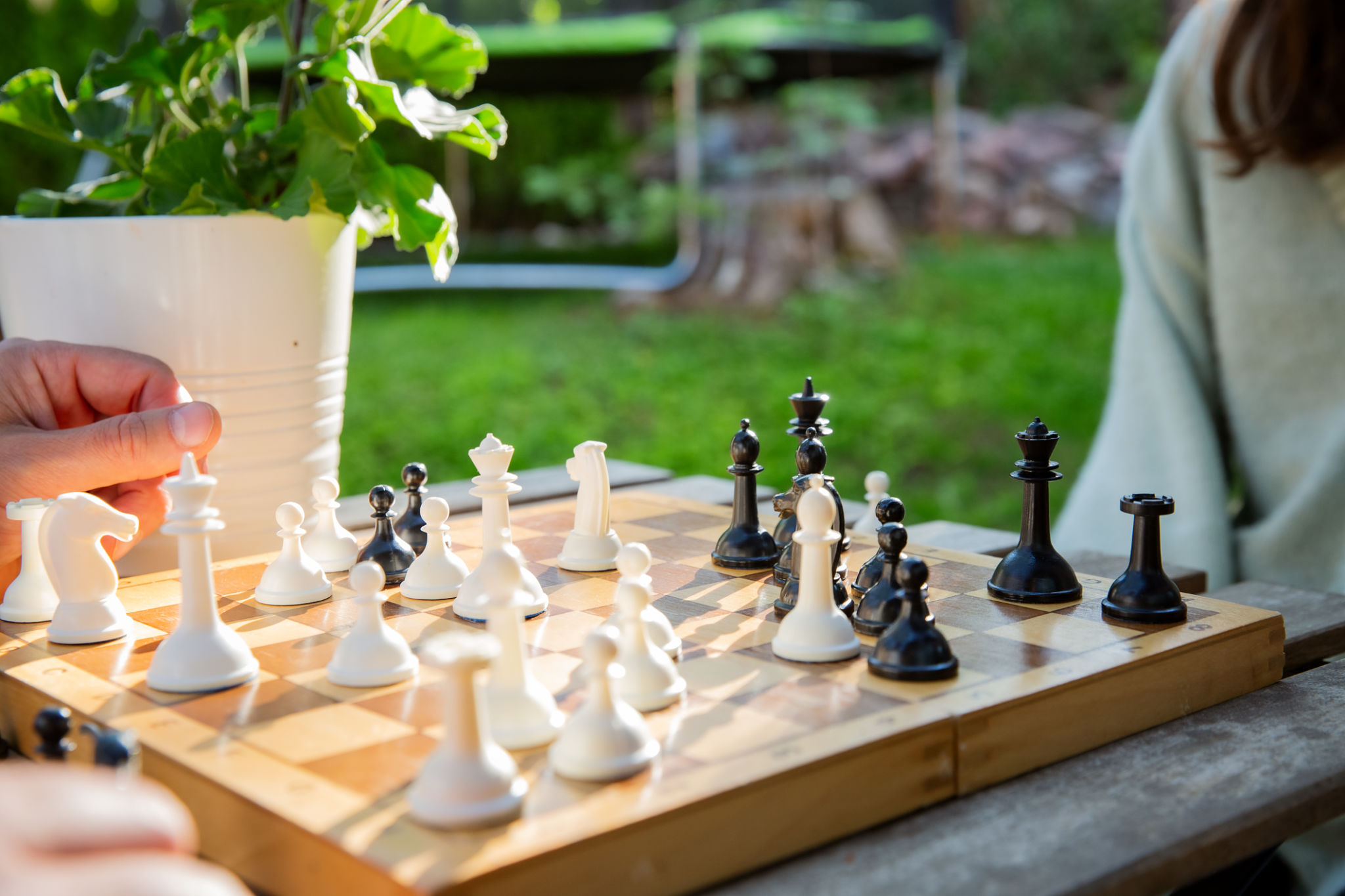Why Your Chess Rating is Stuck and How to Improve
Understanding Why Your Chess Rating is Stuck
Many chess enthusiasts find themselves at a standstill, unable to progress beyond a certain rating. This plateau can be frustrating, but understanding the underlying reasons is the first step towards improvement. Often, the stagnation stems from a combination of factors that include inadequate practice, limited knowledge of advanced strategies, and psychological barriers.
One common issue is the lack of consistent and structured practice. Playing random games online without a focused approach can lead to repetition of the same mistakes. To break this cycle, it's essential to analyze your games, identify weaknesses, and work on them systematically.

The Importance of Opening Repertoire
Your opening repertoire is crucial in setting the tone for the rest of the game. Many players get stuck because they rely too heavily on a limited set of openings they are comfortable with. This predictability can make it easier for opponents to counter your strategies. Expanding your repertoire and learning a variety of openings can give you a tactical edge.
Consider studying openings that suit your playing style. For instance, aggressive players might benefit from openings like the King's Gambit, while more defensive players could explore the Caro-Kann Defense. Mastering different openings will keep your opponents on their toes and increase your adaptability.

Improving Your Middlegame
The middlegame is where many players struggle to maintain their advantage or recover from a poor opening. To excel in this phase, develop a deeper understanding of tactics and positional play. Focus on concepts such as piece activity, pawn structure, and control of key squares.
Engage in tactical exercises regularly to sharpen your skills. Websites and apps offer puzzles that can help you recognize patterns and improve your calculation abilities. Additionally, studying games from grandmasters can provide insights into advanced strategic thinking.

Endgame Mastery
The endgame is often overlooked, yet it is an area where many ratings can be gained. A solid grasp of endgame principles can turn potential draws into victories. Focus on key concepts such as king activity, pawn promotion, and opposition.
Practice basic endgame scenarios like king and pawn versus king or rook endings. Understanding these fundamentals will boost your confidence in converting advantages during actual games.
Psychological Barriers
Psychology plays a significant role in chess performance. Fear of losing or pressure to perform can hinder decision-making. It's important to develop a positive mindset and resilience. Embrace losses as learning opportunities rather than setbacks.
Setting realistic goals and maintaining a growth mindset can facilitate improvement. Celebrate small victories and remain persistent even when progress seems slow.

Conclusion: Taking Action
Breaking through a chess rating plateau requires dedication, strategy, and mental fortitude. By addressing weaknesses in your game, expanding your knowledge, and maintaining psychological resilience, you can start seeing improvements.
Remember, chess is a journey of continuous learning and adaptation. With focus and determination, you can elevate your game and achieve new heights in your chess rating.